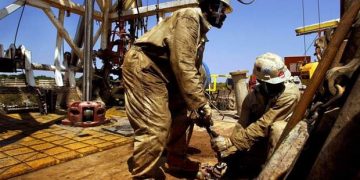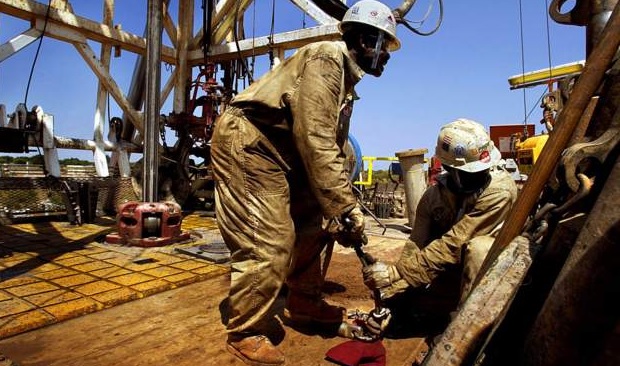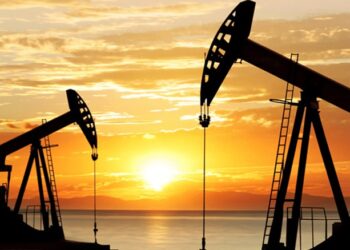By John Ikani
Chad has in a move that has taken many by surprise, announced its decision to nationalize all assets belonging to multinational oil giant Exxon Mobil including exploration permits and hydrocarbon.
The government’s general secretary, Haliki Choua Mahamat, told state media that “The finance and budget minister must make sure the said decree is implemented from the date of its publishing.”
Nationalization means that the government now owns all assets, and it is an unprecedented move that has surprised many experts as it does not conform to the usual legal frameworks in the sector.
Exxon has been operating in Chad for several decades, running the Doba oil project.
The decision by Chad’s government could have serious negative consequences for West African countries at a time when there is growing global demand for energy and declining foreign investment in the region.
According to Olufola Wusu, head of the oil and gas desk at Megathos Law Practice in Nigeria, “Expropriation of any sort without compensation is not a step in the right direction because it is going to erode investor confidence in that particular country, and once investors are jittery, they pull back their investment. So, regulators and leaders in Africa need to play by the rules.”
The move by the government of Chad comes after a long-standing dispute between Exxon and Chad, with the country rejecting the sale of the company’s operations last year, further straining their relationship.
This could also exacerbate tensions in Chad, which has witnessed unprecedented protests against President Mahamat Idriss Deby’s government in recent months.
In April 2021, Deby was declared the head of state following his father’s death. However, his succession did not follow Chad’s constitutional line of succession, leading opposition political parties to label it as a coup d’état.
They later agreed to accept Deby as interim leader for 18 months, but tensions in the West African nation have continued to rise.



































